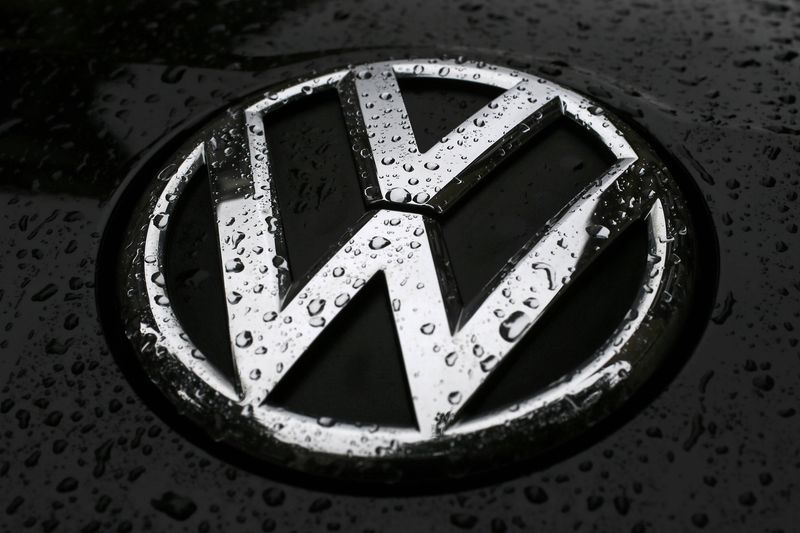German car manufacturer Volkswagen (ETR:VOWG_p)'s Indian subsidiary has been served with a tax evasion notice by Indian authorities, alleging the company dodged approximately $1.4 billion in import taxes, Reuters reported. The accusation centers on the importation of car components for brands such as Audi, VW, and Skoda, which instead of being taxed at the full rate for complete cars, were reportedly declared as individual parts to attract a lower duty.
The notice, dated September 30, contends that Volkswagen's Indian unit, Skoda Auto Volkswagen India, imported nearly whole vehicles in a disassembled state, which should incur a 30-35% import tax under the completely knocked down (CKD) units rules. However, the company is accused of misrepresenting these imports to pay only 5-15% duty. The Indian government's investigation suggests that the company used different shipment consignments to avoid detection and willfully evade higher taxes on models including the Skoda Superb and Kodiaq, Audi A4 and Q5, and VW's Tiguan SUV.
According to the 95-page notice from the Office of the Commissioner of Customs in Maharashtra, Volkswagen should have paid around $2.35 billion in import taxes and related levies since 2012 but has only paid $981 million. The notice, which is not public but was reviewed by Reuters, describes the logistical setup as an artificial arrangement to avoid tax payment.
Following the news, Volkswagen shares dropped by as much as 2.13% on the Frankfurt stock exchange. The company has been asked to respond within 30 days to the notice, which seeks an explanation for the alleged evasion and could lead to penalties and interest charges on top of the evaded duties. In total, if found guilty, Volkswagen could face up to $2.8 billion in payments, including penalties equivalent to 100% of the evaded amount.
Skoda Auto Volkswagen India released a statement asserting its compliance with all laws and regulations and has promised full cooperation with the authorities.
The tax notice comes at a time when Volkswagen has plans to invest $1.8 billion in Maharashtra for the production of electric vehicles (EVs) and hybrids. Despite these investment plans and a positive outlook expressed by the group's finance chief, Volkswagen remains a minor player in India's automotive market.
The notice also detailed that Indian investigators had searched Volkswagen's facilities in 2022, seizing documents and questioning the company's India Managing Director, Piyush Arora, who was unable to provide an explanation for the shipping practices under scrutiny.
The Indian authorities' notice outlined a modus operandi where Volkswagen India would place bulk orders for cars using internal software, which would then break down the order into main components or parts. These parts were shipped in different containers over several days and invoiced separately, allegedly to reduce the payable duties. Volkswagen's defense of using this method for operational efficiency was rejected in the notice, stating that logistics was an insignificant part of the process and emphasizing that the company is not a logistics firm.
This article was generated with the support of AI and reviewed by an editor. For more information see our T&C.
